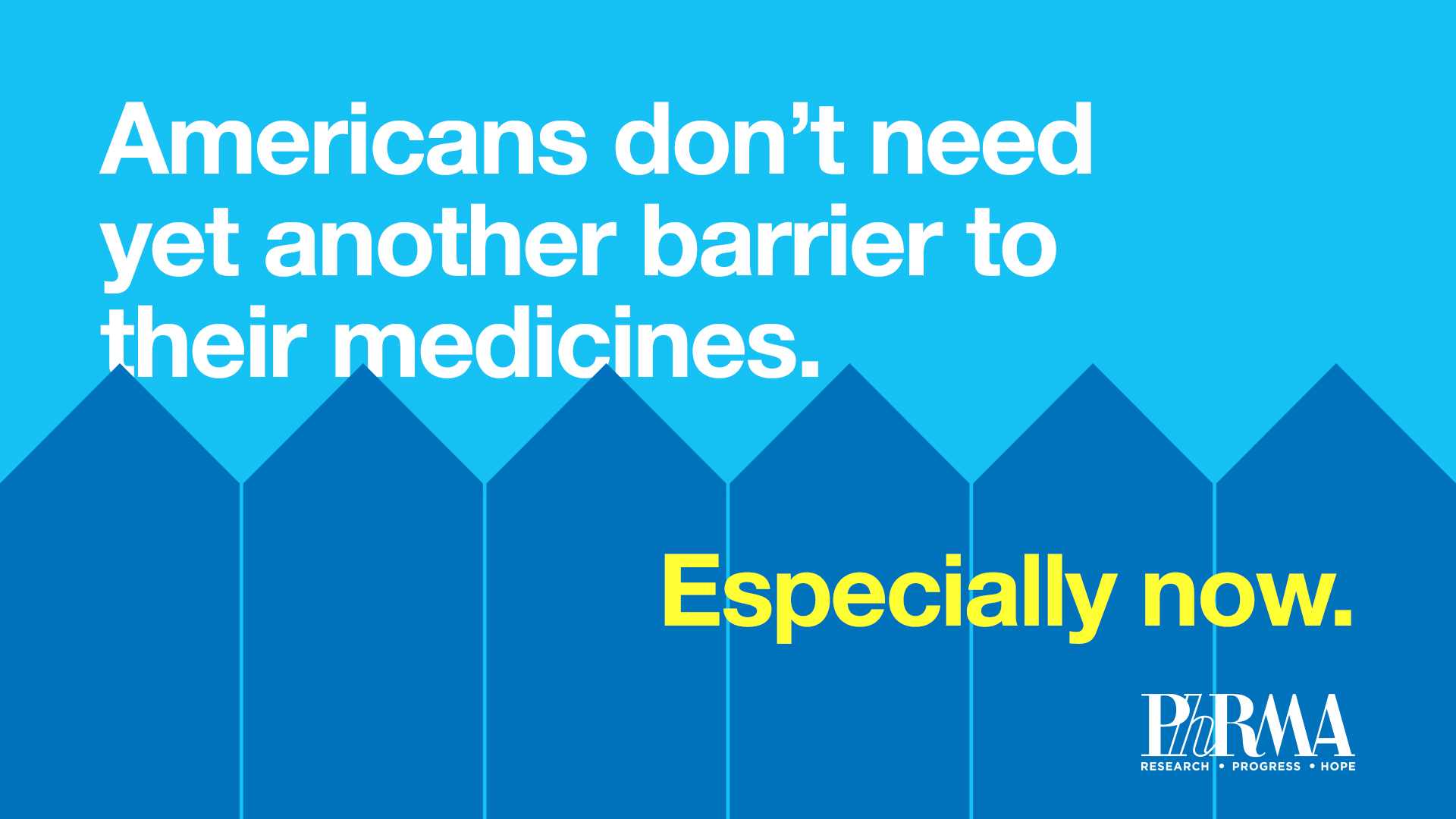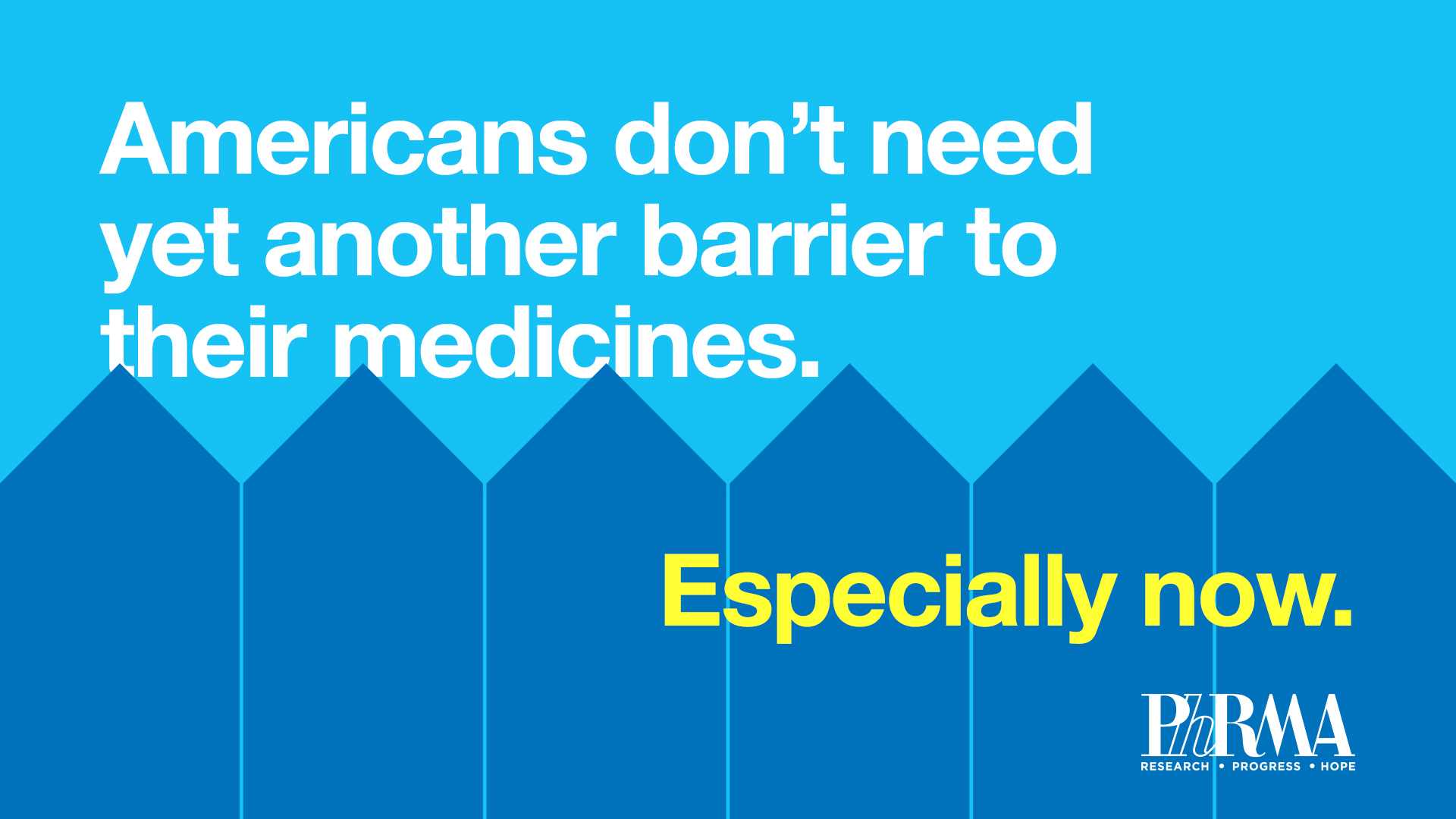| | | | | | | Presented By PhRMA | | | | Axios Vitals | | By Tina Reed · Jun 22, 2022 | | Good morning, Vitals readers. Today's newsletter is 1,049 words or a 4-minute read. | | | | | | 1 big thing: Biden administration wants to take the buzz out of cigarettes |  | | | Illustration: Allie Carl/Axios | | | | The Biden administration wants to make the tobacco industry cut back the amount of nicotine in cigarettes sold in the U.S. to non-addictive levels. Why it matters: The bid to essentially take the buzz out of smoking cigarettes would be unprecedented in the long-running public health fight to curb tobacco use, which the FDA says leads to more than 480,000 deaths a year. - But it's sure to face vigorous opposition from tobacco interests, as well as libertarian-leaning consumer freedom groups.
Driving the news: The FDA can't actually just ban cigarettes, but can create "product standards" that make them less attractive, experts say. So on Tuesday, the agency proposed a rule to establish a maximum nicotine level in cigarettes and other certain finished tobacco products. It is unclear if they would do it at once or gradually. - "Because tobacco-related harms primarily result from addiction to products that repeatedly expose users to toxins, FDA would take this action to reduce addictiveness to certain tobacco products, thus giving addicted users a greater ability to quit," regulators said.
- The cap on nicotine would also discourage young people from getting a cigarette addiction to begin with, they said.
What they're saying: "We don't want to create a prohibition on nicotine. What we want is for people to shift from combustible cigarettes, which are incredibly harmful — they kill half the people who use them past the age of 40 — to other forms of nicotine which are far less harmful," Cassidy said. The other side: Critics say the policy move would make little sense. - "The most harmful parts of smoking will remain legal," Guy Bentley, the director of consumer freedom at the libertarian think tank Reason Foundation, told Axios.
Go deeper. |     | | | | | | 2. COVID treatment inequities persist |  | | | Illustration: Aïda Amer/Axios | | | | COVID antiviral drugs were less frequently dispensed in poorer, more crowded communities deemed most vulnerable to disease spread, despite those places having the greatest number of dispensing sites, Axios' Arielle Dreher reports from a new CDC analysis. Why it matters: The pandemic laid bare inequities in access, and simply opening more dispensing sites wasn't enough to get COVID medication to people living in poorer, more crowded and diverse communities. - People in wealthier, less crowded communities accessed COVID medication at higher rates in the past five months than those in communities deemed to be at "high vulnerability" by the CDC's social vulnerability index.
By the numbers: Nearly half of dispensing sites for COVID antivirals are located in socioeconomically disadvantaged locales but access remains a problem because there aren't prescribers on-site or via telehealth. - A congressional standoff over pandemic funding also idled the federal program that pays for testing and treatment for those without health insurance.
- At sites within ZIP codes considered "high-vulnerability," the rate pills were dispensed was about a half of the rate in medium and low-vulnerability communities.
|     | | | | | | 3. Report critiques Trump admin's COVID response | | Top Trump administration officials ignored warnings and embraced a "herd immunity via mass infection" approach to containing COVID-19 to justify not taking meaningful action to curb the virus in the fall and winter of 2020-2021, Axios' Adriel Bettelheim reports a House oversight panel report concluded Tuesday. Why it matters: The U.S. missed the boat on the kind of swift, early response that would have been most effective, according to many health experts, leading more Americans to die from November 2020 through February 2021 than during any other corresponding period throughout the pandemic. Driving the news: The staff report from the Select Subcommittee on the Coronavirus Crisis focused on Scott Atlas, a senior fellow at the conservative Hoover Institution, who was among the most vocal opponents of public health measures to slow the spread of the virus and who quickly gained influence within the White House. - Atlas pressed the administration to weaken CDC's testing guidance without any countervailing measures, and discouraged the widespread use of masks, the report stated.
- Atlas also recruited herd immunity proponents to meet with senior officials, including then-President Trump, Vice President Pence and HHS Secretary Alex Azar.
- The report also detailed how White House senior adviser Jared Kushner convened "China Virus Huddles" three times a week with top officials to hone the Trump White House's messaging on the pandemic.
The background: The meetings were separate from those of the White House Coronavirus Task Force and were attended by White House coronavirus response coordinator Deborah Birx, senior counselor Kellyanne Conway, assistant to the president Hope Hicks and HHS deputy chief of staff for policy Paul Mango. - Birx told the select subcommittee that more than 130,000 American lives could have been saved after the first wave of the pandemic if Trump and his administration had implemented "optimal mitigation across this country."
|     | | | | | | A message from PhRMA | | Voters want Congress to address health insurance | | |  | | | | Many Americans reject so-called government "negotiation" once they learn it could sacrifice access, choice and innovation. The story: Respondents find health care coverage costs unreasonable and a top priority health care issue for policymakers to address today. Read more in the new survey. | | | | | | 4. America's sleep problem |  Data: Adjaye-Gbewonyo, et al., 2022, "Sleep Difficulties in Adults: United States, 2020"; Chart: Axios Visuals Nearly 15% of Americans are struggling to get a good night's rest, according to new data from the CDC. - The researchers looked at the share of U.S. adults who had difficulty getting to sleep or staying asleep in the past 30 days.
- Women were more likely to struggle with sleep compared to men. Whites, Hispanics and Blacks were also more likely to struggle compared to Asian individuals.
- Health officials recommend adults get seven hours or more of sleep a night.
|     | | | | | | 5. Some vitamins don't prevent cancer, heart disease |  | | | Illustration: Aïda Amer/Axios | | | | The U.S. Preventative Services Task Force recommended against taking beta carotene and vitamin E supplements to prevent cancer or heart disease, saying there's not enough evidence to prove either supplement has preemptive effects, Arielle writes. Why it matters: Cancer and cardiovascular disease are the two leading causes of death in the U.S., and while vitamins and supplements were thought to be a good prevention tool, the latest research suggests otherwise. - The task force found that the harms outweigh the benefits of taking beta carotene supplements to prevent cancer or heart disease, and there was no benefit to taking vitamin E to prevent cancer and heart disease.
- The task force's recommendations influence how primary and preventive care is delivered, along with which services are covered by insurance.
Details: Beta carotene supplements increased the risk of heart disease and lung cancer in people who smoke or have workplace asbestos exposure, the task force concluded. - The updated guidance is for all adults who are not pregnant and do not have underlying health conditions or illnesses that might require additional nutritional supplements.
The bottom line: More research is needed. The task force found there is not enough evidence to assess the harms or benefits of those supplements. |     | | | | | | A message from PhRMA | | Insured Americans face barriers to care | | |  | | | | Nearly half of insured Americans who take prescription medicines encounter barriers that delay or limit their access to medicines. Learn more about the abusive insurance practices that can stand between patients and the care they need in PhRMA's new report. | | |  | It's called Smart Brevity®. Over 200 orgs use it — in a tool called Axios HQ — to drive productivity with clearer workplace communications. | | | | | | Axios thanks our partners for supporting our newsletters. If you're interested in advertising, learn more here.
Sponsorship has no influence on editorial content. Axios, 3100 Clarendon Blvd, Suite 1300, Arlington VA 22201 | | | You received this email because you signed up for newsletters from Axios.
Change your preferences or unsubscribe here. | | | Was this email forwarded to you?
Sign up now to get Axios in your inbox. | | | | Follow Axios on social media:    | | | | | |









No comments:
Post a Comment